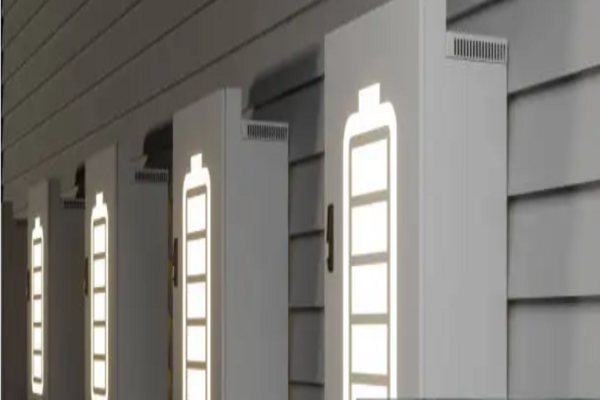Egypt has made a deal with Emirati company AMEA Power to build two battery storage stations. These stations will store electricity and help manage the use of renewable energy. The total storage capacity will be 1,500 megawatt-hours. The Egyptian Ministry of Electricity and Renewable Energy made it public last week on February 23.
The stations will help integrate renewable energy into the national grid and improve stability during peak hours. One station will be located in Benban with a capacity of 500 megawatt-hours, while the other will be in Zaafarana with a capacity of 1,000 megawatt-hours. The project includes transformer stations and grid connections.
Minister of Electricity Mahmoud Esmat said energy storage will help optimize the use of renewable energy sources and improve the stability of the electrical network. The New and Renewable Energy Authority (NREA) coordinated the selection of storage locations. The minister also said that the country aims to reduce fossil fuel use and carbon emissions.
Egypt has been expanding its renewable energy sector. The government targets increasing renewable energy to 42% of the total energy mix by 2030 and 65% by 2040. The Zaafarana and Benban areas already host renewable energy projects, including solar and wind farms.
Besides large-scale projects, smaller renewable energy initiatives are also underway. In Kom Ombo, a solar power plant with a capacity of 26 megawatts was developed with private sector participation. A hybrid solar-diesel system was set up in Marsa Alam to provide electricity to remote areas. In the New Valley Governorate, small solar-powered water desalination plants were introduced to support agriculture and drinking water needs.
Egypt has also implemented pilot projects to generate electricity from biomass, particularly in agricultural areas. In Beheira Governorate, a biogas plant converts agricultural waste into electricity. Other small-scale efforts focus on using solar-powered irrigation systems to reduce reliance on diesel-powered pumps.


